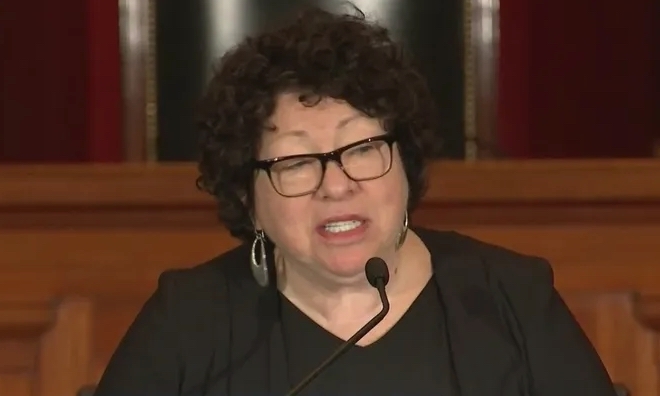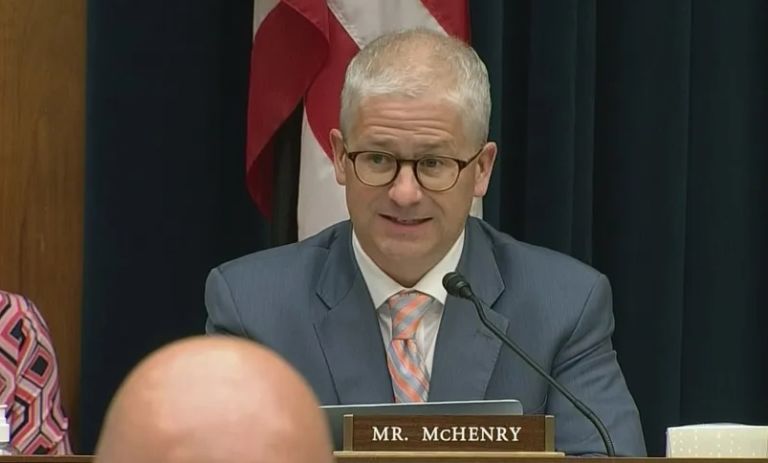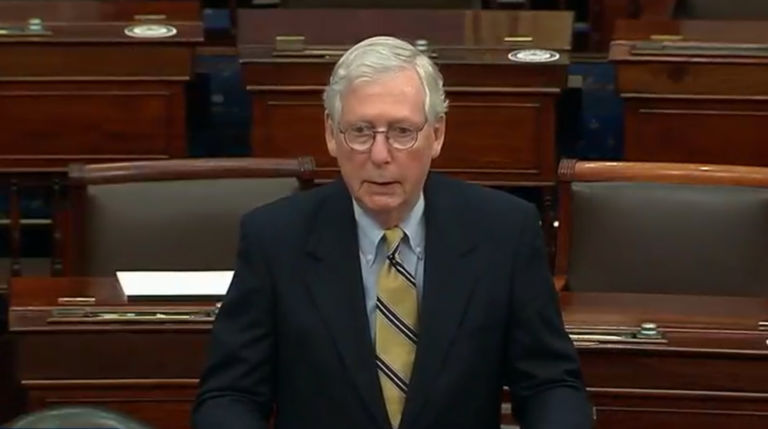Andrew Biggs argues at The Hill that government leaders have failed to meet their obligations when its comes to retirement savings.
Americans are afraid of having insufficient income in retirement. Maybe they should be, but in most cases, they’re afraid of the wrong things. The main source of the “retirement savings gap” in the United States is not individuals shortchanging their 401(k)s. It’s the government, at all levels, promising retirement benefits without funding them.
Social Security is underfunded by more than $10 trillion for well-known demographic reasons, yet Congress has done nothing for 30 years. State and local governments have overpromised and undercontributed to their public employee pensions. Today, based on some economic estimates, funding shortfalls approach $4 trillion. Estimates of combined unfunded liabilities for Social Security and federal, state and local government employee pensions range from $14 trillion to $26 trillion.
By contrast, the household retirement saving gap may be as low as $1 trillion, equal to just 2 percent of total retirement savings. …
… A 2009 study by William Gale, John Karl and Ananth Seshadri found that only about 25 percent of households are underprepared for retirement. Just as important, I estimated that even among that 25 percent of undersaving households, shortfalls averaged less than 10 percent. This study won the TIAA-CREF award for the year’s best research on retirement, so its findings should be taken seriously.


